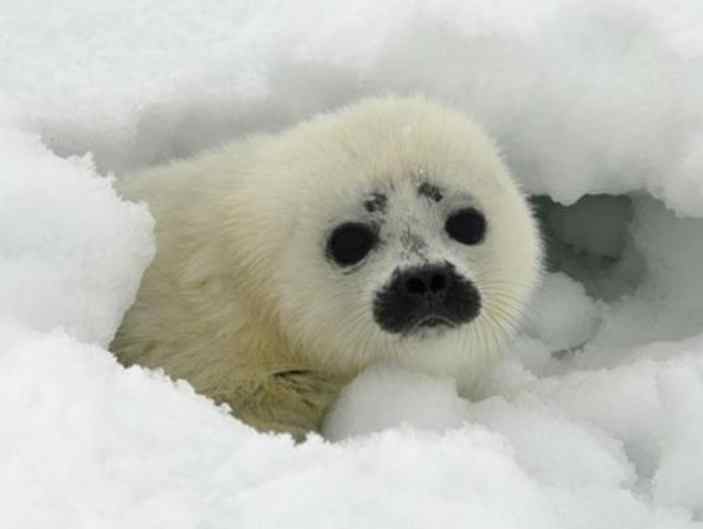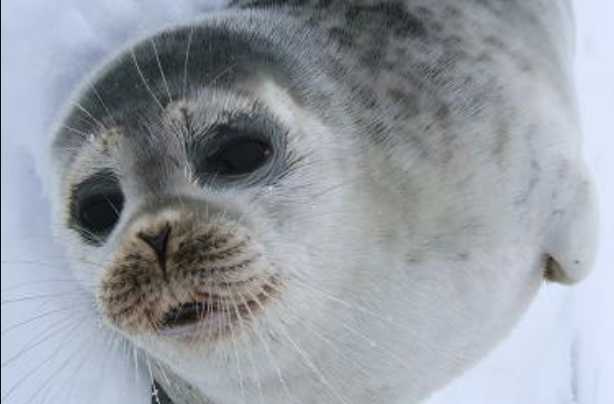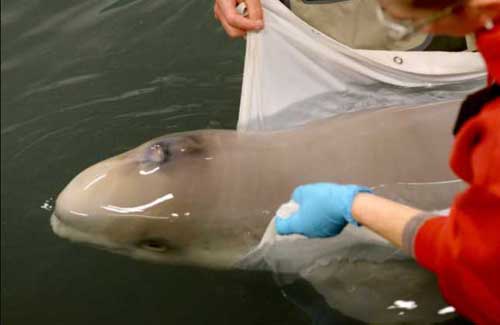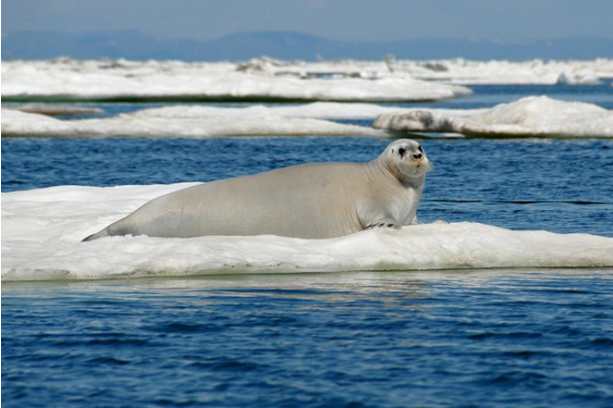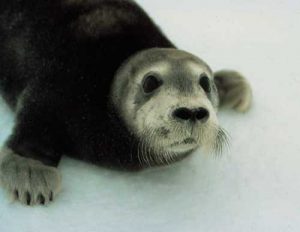
WASHINGTON— The U.S. Supreme Court today declined a challenge to federal protection of bearded seals in Alaska under the Endangered Species Act. The National Marine Fisheries Service listed the species as threatened in 2012 upon concluding that climate change will destroy the sea-ice habitat the seals need to survive.
The decision comes just two weeks after the Trump administration issued its draft 2019-2024 offshore oil and gas leasing plan, which proposes to vastly expand offshore drilling in the Arctic Ocean and other federal waters.
“The court just gave bearded seals a shot at survival in our rapidly warming world,” said Kristen Monsell, a senior attorney at the Center for Biological Diversity. “But sea ice is melting away, and these marvelous animals could disappear forever if Trump lets the oil industry suck dirty fossil fuels out of every corner of our country. To save Arctic wildlife, we’ve got to keep this polluting crude in the ground.”
Today’s decision rejects a request from the Alaska Oil and Gas Association, American Petroleum Institute and state of Alaska that the court overturn an October 2016 decision by the 9th Circuit Court of Appeals approving the agency’s protection of the seals. The plaintiffs complained that Endangered Species Act protections for bearded seals will impede oil drilling in the Arctic.
The Center, which petitioned to protect bearded seals in 2008, intervened in the case to defend the listing against industry’s challenge and submitted a brief urging the justices to reject the industry’s request.
“Endangered species protection is the bearded seal’s only hope, so we’re glad the justices rejected the oil industry’s baseless plea to hear this case,” Monsell said. “The agency’s decision to list this species, and the 9th Circuit’s decision upholding it, were well reasoned and the right call under the law.”[xyz-ihs snippet=”adsense-body-ad”]Bearded seals, known for their mustachioed appearance and elaborate courtship songs, give birth and nurse their pups on pack ice. The rapid loss of that ice jeopardizes their ability to rear their young and is lowering the abundance of the seals’ food on their shallow foraging grounds in the Bering Sea.
The Endangered Species Act offers bearded seals several protections. Federal officials, for example, will be required to designate critical habitat and prohibited from authorizing activities that jeopardize the seals’ survival or recovery. Listing the seals does not affect subsistence harvest of the species by Alaska natives.

